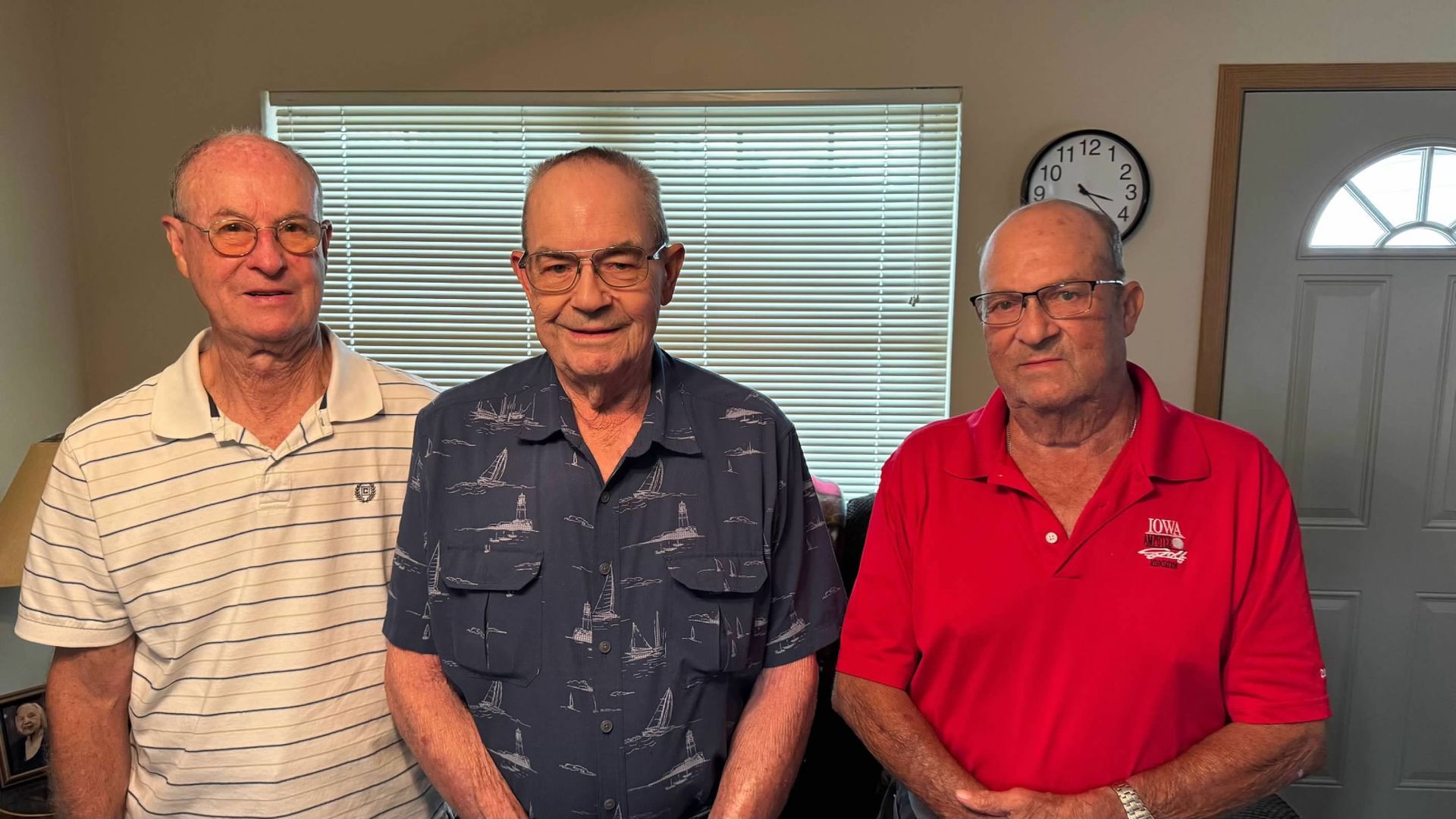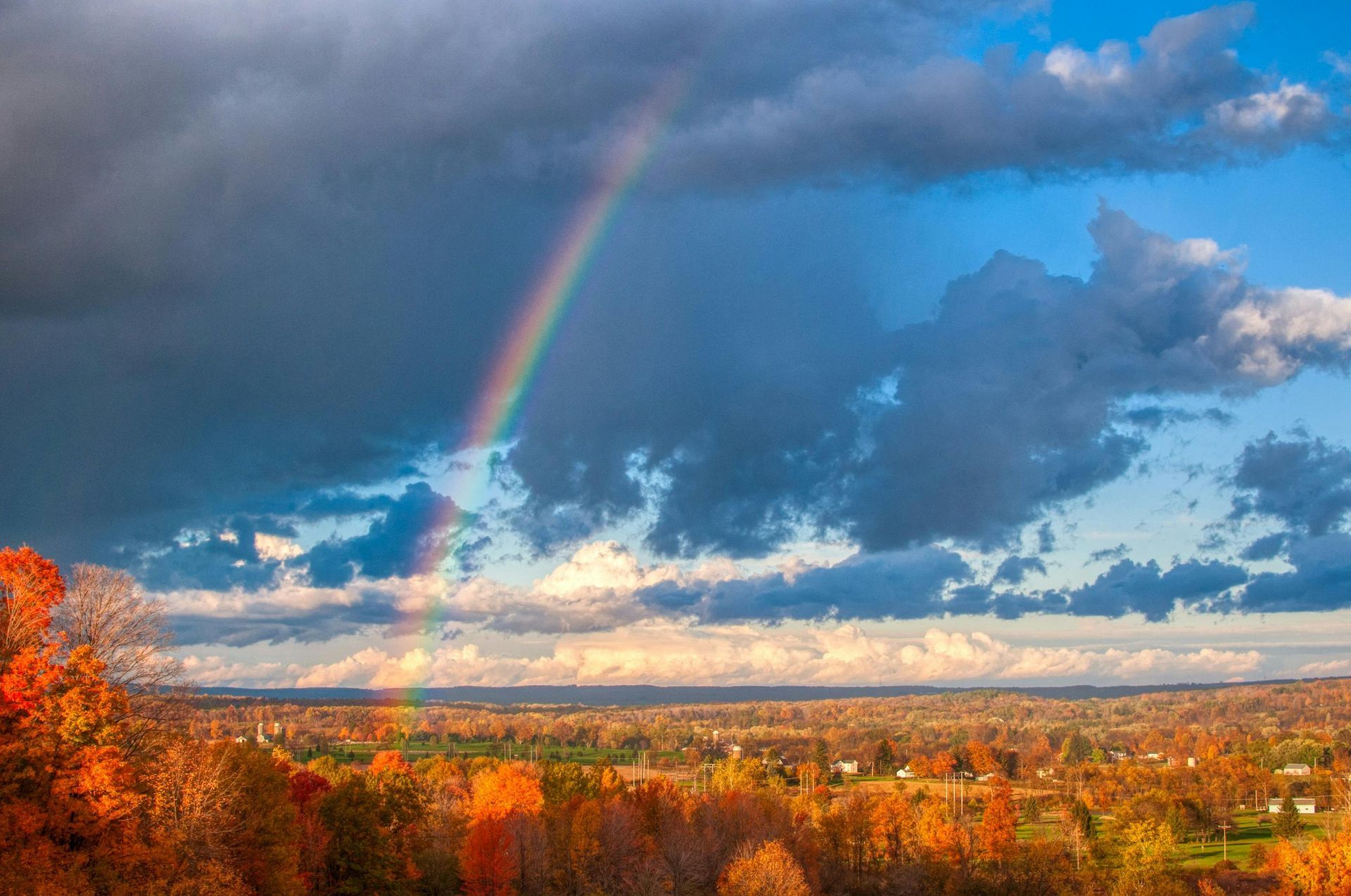Acceptance vs. Resistance
I bought my first and only motorcycle in 1993. It probably wasn’t a good idea then, and it’s a much worse idea now, but that didn’t stop me from recently considering doing it again.
I was only 23 years old and still in my invincible era, when I strapped on my helmet and rode off on my own two wheels for the first time. Understandably, a few naysayers shook their heads and voiced their opinions about me endangering a body that was already fraught with challenges; however, like I did often back then, I ignored their concerns, and was able to ride with no problems.
To me, the motorcycle represented freedom. I loved being able to enjoy the open road. I even rode it on a thousand-plus mile round-trip journey to Sturgis for the annual motorcycle rally. Getting kind of smug, I began to envision myself as a life-long biker, but two years later, life intervened. I was moving half-way across the country and getting married, so the motorcycle had to go. In fact, I sold it to pay for an engagement ring, promising myself that I would buy another one when I was established and had the finances to do so.
Things didn’t work out the way that I had planned. Fatherhood and home ownership ate up my finances and time, and a second motorcycle kept getting pushed down the line of priorities. Meanwhile, despite my best efforts, my body aged more quickly than I had hoped it would.
For most of my life, my resistance to my physical limitations has enabled me to get the most out of imperfect body. Tell me that I couldn’t do something, and you could bet that I was going to try, if only to prove to myself that I could. That resistance allowed me to overcome significant challenges and to succeed when success didn’t seem likely. Lately though, as my limitations have grown and my sense of self-preservation has become stronger, I’ve been trending toward acceptance.
Both acceptance and resistance are natural responses to change, and change happens to all of us, especially as we age. While resistance can challenge the status quo, sparking innovation and resilience, acceptance often opens the door to growth, fostering a sense of peace and adaptability. That’s where I’m at now, at least most of the time.
Still, when my uncle told me that he was selling his motorcycle, those thoughts of acceptance were elbowed aside by thoughts of resistance. I began to rationalize motorcycle ownership and to imagine myself in the seat again, handlebars in my grip. I could now afford the bike of my dreams, and even had a spot in the garage to park it. I didn’t plan to ride it to Sturgis again, but I thought it would be fun to ride it to the gym and on quiet Sunday mornings, like I used to do.
When I researched parking a motorcycle in a handicapped space, I should have realized the insanity of the idea, but resistance tamped down logic. My wife, to her credit, let me play those scenarios out in my head and gave me room to dream, knowing that logic would eventually prevail. And, it did. One slip-up on a bike, and I would suddenly and dramatically limit what I could do with the rest of my life. Accepting that reality was important, and I’m happy that I was able to do it.
Being able to accept who I am – all of it, even the limitations – has given me peace and perspective. It’s not always easy to accept limitations and new realities, but it’s crucial if we want to live a life without regret, and I’m finally there.

